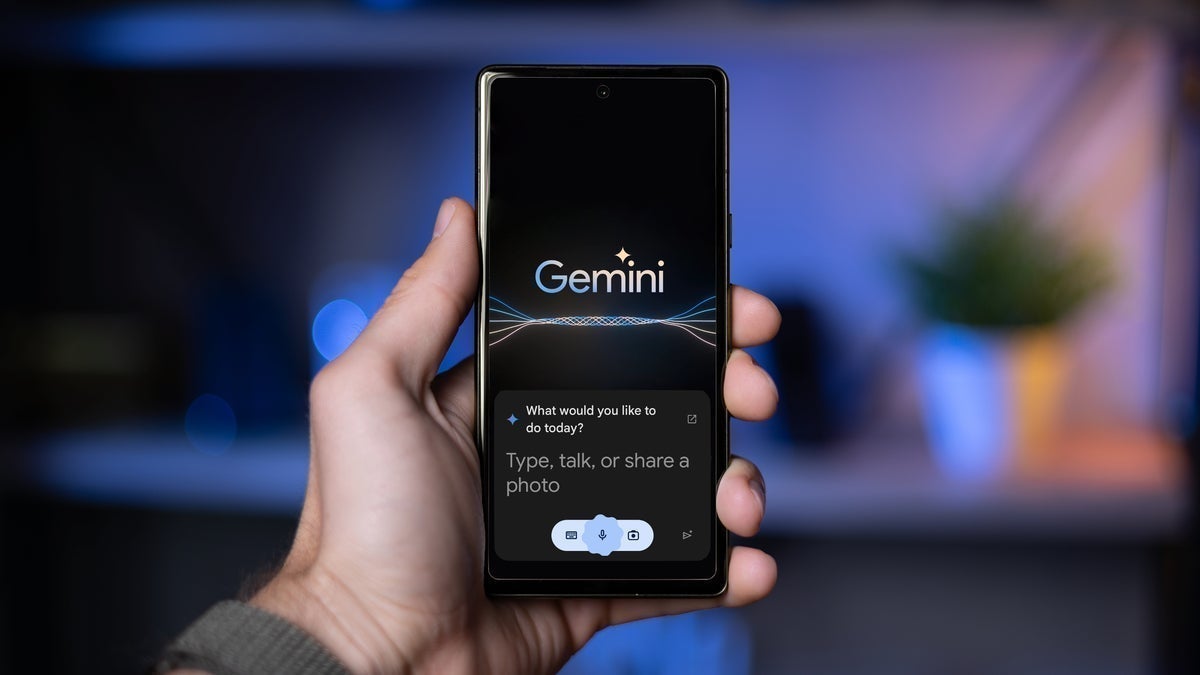Gemini’s next move? Becoming your inbox assistant
The Gmail app for both Android and iPhone will automatically display a summary card at the top of certain emails. The key here is that Gemini would decide when this might be helpful, and it should typically do it for longer conversations or threads that contain more than one response.
The summary will be shown as concise bullet points. Of course, those will update dynamically when new replies are added to the conversation. The aim here is to keep you informed without you having to scroll through the entire conversation.
For now, the change is rolling out to Google Workspace users, Gemini Education add-on users, and Google One AI Premium subscribers. It’s currently limited to emails written in English – and only on mobile.
According to Google, the rollout should take around two weeks. It’s still not clear when (or if) the feature will be made available to regular Gmail accounts or users on desktops. However, it’s highly likely that the feature will roll out to those users eventually.

Image Credit – Google
Luckily for those of you who’d like no assistance from artificial intelligence in your Gmail, there’s an option to opt out. Unfortunately, it comes with some trade-offs. Like, for example, to disable automatic summaries, you’d have to disable the entire “smart features” suite in Gmail.
The smart features include tools like high-priority notifications, package tracking, Smart Compose, and Smart Reply. The good thing is that even if you disable smart features, you can still manually request Gemini to summarize an email when you need it.
These summaries are powered again by the standard AI tech – Large Language Models or LLMs which power other generative AI chatbots and assistants. It seems that Google may be feeding your email text into their LLMs for further training.
We can clearly see the direction Google is taking with AI. The push to make AI summaries a core part of Gmail reflects the broader trend across its products that we saw during Google’s I/O conference.
Meanwhile, summarization is indeed a practical application of generative AI, especially if you tend to have to deal with long or complex email threads often. Having the AI summarize your long emails will help save time and energy.
Of course, some people may find the automatic summaries invasive or unnecessary, especially if those appear for shorter messages. Others will appreciate the time it saves. For now, it seems the Mountain View tech giant believes the majority of people will like and welcome this change, and it continues to introduce AI into more and more Google products.
Meanwhile, during Google I/O, Google introduced a wide variety of use cases for Gemini, including AI mode for search. With this mode, generative AI should help you with finding what you’re searching for faster: including clothes and even seeing how those will look on you without even trying them.
Also, the company announced changes coming to Gemini, including Gemini in Chrome, Deep Research, and Canvas upgrades, and even an Ultra plan for its generative AI subscription which costs $249 per month. And it’s not only Google that’s focusing on AI – the entire tech world is (whether some like it or not). Only Apple is a bit late to the party (well, it partially arrived).






